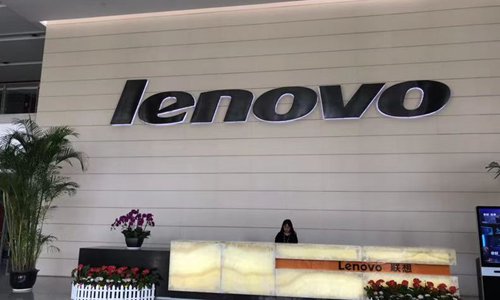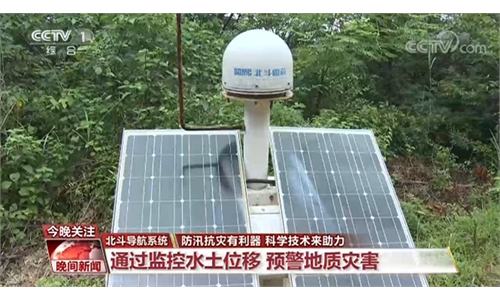SOURCE / INDUSTRIES
Lenovo IP complaint by Nokia in US likely to founder: expert
Chinese companies doing businesses in the US should remain calm when facing lawsuits filed by US authorities or companies over IPR disputes, experts said, as the number of such lawsuits is rising.
The remark came after the US International Trade Commission (ITC) said Tuesday that it has opened a probe into certain computers, tablets and components made by Lenovo following a patent infringement complaint filed by Nokia.

Nokia alleged that Lenovo's ThinkPad, IdealPad and Flex series of computers infringed five patents related to the H.264 video compression industry standard, and that negotiations for licensing the H.264 portfolio had been "unsuccessful," saying that Lenovo had "refused to meaningfully engage in negotiations," Shanghai-based news portal guancha.cn reported Wednesday.
ITC received a complaint filed on behalf of Nokia on July 2 which alleged Lenovo had violated section 337 of the Tariff Act of 1930, after exporting certain electronic devices including computers and components to the US.
Lenovo refused to comment on the lawsuit when reached by the Global Times Thursday.
Since the Trump administration came into office, unilateralism has been a feature of the government.
The number of Chinese parties involved in the section 337 has continued to grow in recent years, with 35 percent of cases filed with the ITC in 2017 involving at least one Chinese company, rising to 60 percent in 2019, media reports.
However, experts believe that Chinese enterprises should not fear litigation cases pertaining to intellectual property rights complaints.
"Intellectual property investigations are often slow moving," an industry insider told the Global Times who spoke on condition of anonymity, noting that the investigations initiated by the US government are won in only 5 percent of cases, a typical manifestation of the characteristics of intellectual property litigation.
A section 337-related investigation has become a common tactic for established tech giants to compete with Chinese manufacturing, analysts said.
Some 15 percent of Chinese companies that choose to respond will win the complaints, and in 32 percent of cases, the complainant withdrew the complaint without completing the lawsuit, and in 35 percent of cases, the parties settled. Only 5 percent of those who lost a complaint after responding to a complaint were found guilty of violation and had an exclusion order, according to the report published on the website of the China Trade Remedies Information platform on July 20.
The remark came after the US International Trade Commission (ITC) said Tuesday that it has opened a probe into certain computers, tablets and components made by Lenovo following a patent infringement complaint filed by Nokia.

Lenovo's industrial base in Wuhan, Hubei Province.Photo: Song Lin/GT
Nokia alleged that Lenovo's ThinkPad, IdealPad and Flex series of computers infringed five patents related to the H.264 video compression industry standard, and that negotiations for licensing the H.264 portfolio had been "unsuccessful," saying that Lenovo had "refused to meaningfully engage in negotiations," Shanghai-based news portal guancha.cn reported Wednesday.
ITC received a complaint filed on behalf of Nokia on July 2 which alleged Lenovo had violated section 337 of the Tariff Act of 1930, after exporting certain electronic devices including computers and components to the US.
Lenovo refused to comment on the lawsuit when reached by the Global Times Thursday.
Since the Trump administration came into office, unilateralism has been a feature of the government.
The number of Chinese parties involved in the section 337 has continued to grow in recent years, with 35 percent of cases filed with the ITC in 2017 involving at least one Chinese company, rising to 60 percent in 2019, media reports.
However, experts believe that Chinese enterprises should not fear litigation cases pertaining to intellectual property rights complaints.
"Intellectual property investigations are often slow moving," an industry insider told the Global Times who spoke on condition of anonymity, noting that the investigations initiated by the US government are won in only 5 percent of cases, a typical manifestation of the characteristics of intellectual property litigation.
A section 337-related investigation has become a common tactic for established tech giants to compete with Chinese manufacturing, analysts said.
Some 15 percent of Chinese companies that choose to respond will win the complaints, and in 32 percent of cases, the complainant withdrew the complaint without completing the lawsuit, and in 35 percent of cases, the parties settled. Only 5 percent of those who lost a complaint after responding to a complaint were found guilty of violation and had an exclusion order, according to the report published on the website of the China Trade Remedies Information platform on July 20.

